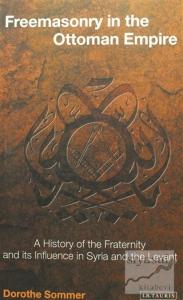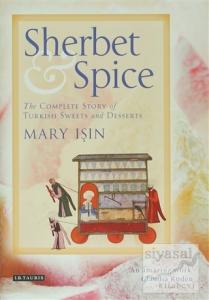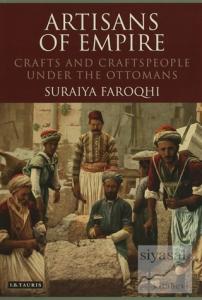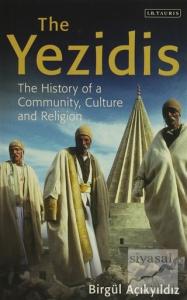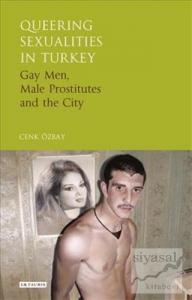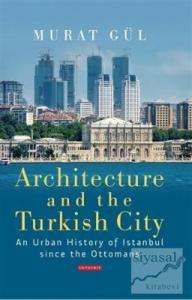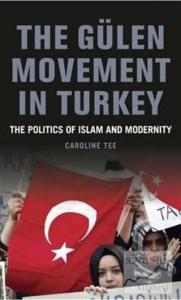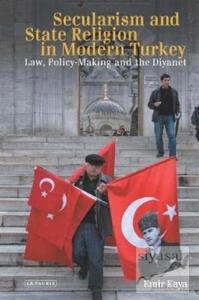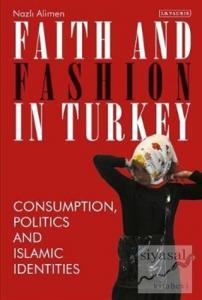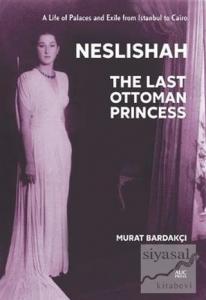
The question of Kurdish identity and belonging is counted among the most controversial and challenging issues in modern Turkey. Kurdish Life in Contemporary Turkey cuts to the heart of this debate in an exploration of shifting ethnic identities brought on by the processes of extensive rural-urban labour migration.
As well as analysing the effects of migration on social networks and local political landscapes, this volume examines how Kurdish gender roles have changed. The everyday experiences of rural-urban migrants from Van province, on the south-eastern borders of the country, are central to this book, but they are inextricably linked to conflicting discourses on Kurdishness and the place of this minority in Turkey.
'This is one of the best etnographic accounts of contemporary Kurdısh live in Turkey, lucidly written, careful in its resarch and clear-sighted in its analysis and conclusions... Its multi-disciplinary approach makes a major contribution to studies of Turkey'
Cristopher Houston, Head of Department and Senior Lecturer in the Department of Anthropology, Macqurie University, Sydney, Australia
'This is aexcellent anthropological study, equally valuable for its analysis of changing conditions of Kurdısh socıal life and cultural identity... Highly recommended'
Choıse
'A vivid account of rural-urban migration and how this has affected the everyday lives of the people involved... an important book.'
Joost Jongerden, Wageningen Universty, in Kurdısh Studies
Anna Garabolle -Çeliker, a German-British anthropologist, received her Phd from Tübingen University, She has lived in Turkey since 1997, working fırst as a language teacher and translator, and then as a university lecturer.
The question of Kurdish identity and belonging is counted among the most controversial and challenging issues in modern Turkey. Kurdish Life in Contemporary Turkey cuts to the heart of this debate in an exploration of shifting ethnic identities brought on by the processes of extensive rural-urban labour migration.
As well as analysing the effects of migration on social networks and local political landscapes, this volume examines how Kurdish gender roles have changed. The everyday experiences of rural-urban migrants from Van province, on the south-eastern borders of the country, are central to this book, but they are inextricably linked to conflicting discourses on Kurdishness and the place of this minority in Turkey.
'This is one of the best etnographic accounts of contemporary Kurdısh live in Turkey, lucidly written, careful in its resarch and clear-sighted in its analysis and conclusions... Its multi-disciplinary approach makes a major contribution to studies of Turkey'
Cristopher Houston, Head of Department and Senior Lecturer in the Department of Anthropology, Macqurie University, Sydney, Australia
'This is aexcellent anthropological study, equally valuable for its analysis of changing conditions of Kurdısh socıal life and cultural identity... Highly recommended'
Choıse
'A vivid account of rural-urban migration and how this has affected the everyday lives of the people involved... an important book.'
Joost Jongerden, Wageningen Universty, in Kurdısh Studies
Anna Garabolle -Çeliker, a German-British anthropologist, received her Phd from Tübingen University, She has lived in Turkey since 1997, working fırst as a language teacher and translator, and then as a university lecturer.











